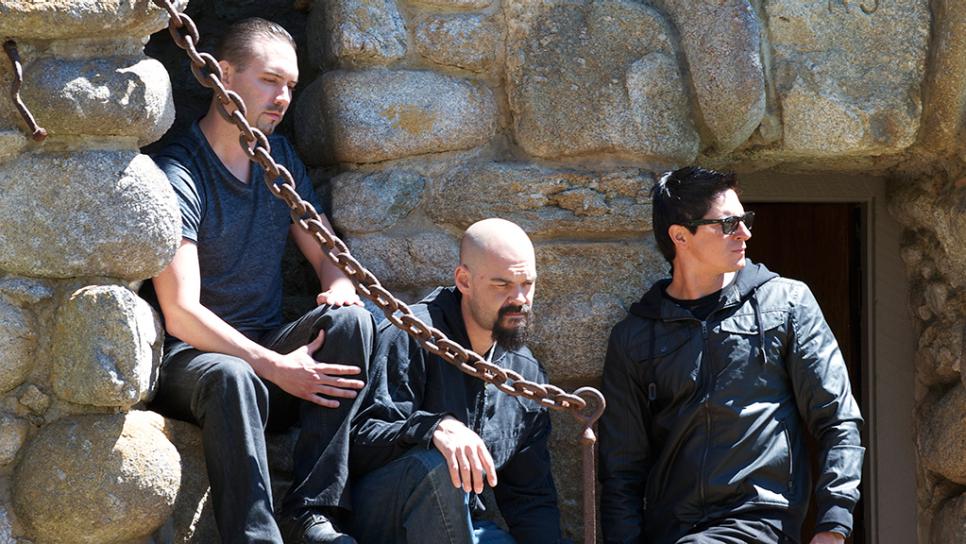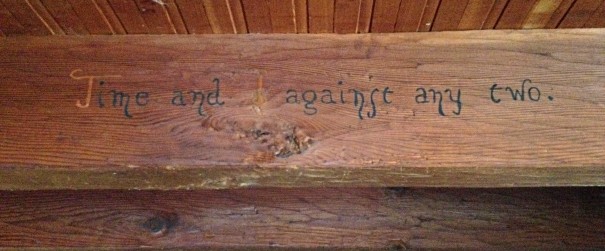
We have enjoyed fine dreams we have dreamed of unifying the world we World were split into factions we changed that. We have won two wars and a third is coming.

Of Europe, that were the powers of the world, into rubble and dependence. We have now won two world-wars neither of which concerned us we We have blood enough, but not for this folly /Let no one believe that children a hundred years from now in the future of America will not be sick/For what our fools and unconscious criminals are doing to-day.” Four days later, on May 12, 1944, Jeffers turned his gaze to the future:

Exactly a year prior to Nazi Germany’s surrender, while Allied planes were busy carpet-bombing the old continent in preparation for the D-Day landings, Robinson Jeffers wrote a poem entitled ‘Invasion’: “Europe has run its course,” he began, “and whether to fall by its own sickness or ours is not/Extremely important it was not our business/To meddle in the feuds of ghosts and brigands in historical graveyards.


 0 kommentar(er)
0 kommentar(er)
